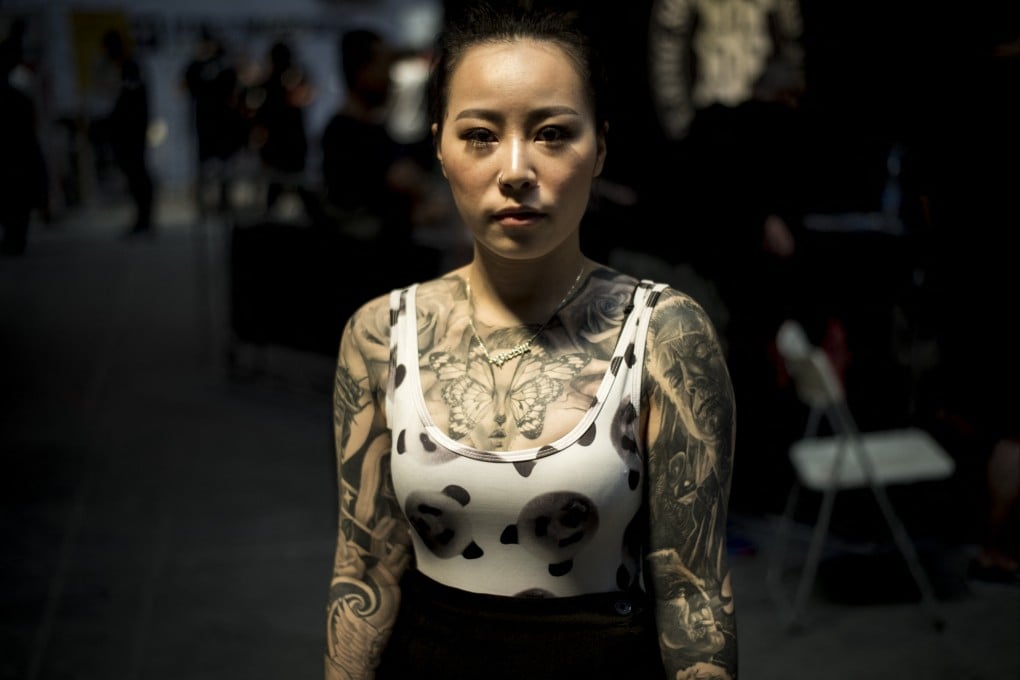China’s tattoo ban for minors criticised as circular logic and irrational fear of difference, but many welcome new rules
- The ban applies to all citizens under 18, and requires tattoo parlours to advertise the ban and actively discourage minors from seeking body art
- It follows other plans to reinforce ‘masculinity’, a ban on ‘sissy’ men in the entertainment industry and restrictions on gaming and live streaming

China’s move to ban tattoos for people aged under 18 years old has been met with mixed reactions as the government continues to expand state regulation of people’s lives, in particular younger generations.
It is the latest in a growing list of interventions targeting young people that are aimed at restricting and changing behaviour the state views as immoral or what it refers to as “spiritual pollution”.
These moves include plans to reinforce “masculinity” in schools with more male teachers and additional physical education, a ban on “sissy” and “effeminate” men in the entertainment industry and bans on gaming time and live streaming activities for minors.

The tattoo ban for minors under the age of 18 was announced earlier this month by a task force set up to police the behaviour of minors and: “Help them understand the risks of getting tattoos, and parents and guardians should dissuade them from doing so”.
Dr Jonathan Sullivan the Director of China Programs at the University of Nottingham’s Asia Research Institute said the focus on children in recent crackdowns within China was about ensuring future generations conformed to President Xi Jinping’s move to re-embrace “core socialist values” and nurture an “exemplary” society and individuals.
“Everyone in the public eye in China is expected to model exemplary behaviours, because of the influence they are believed to have with regular people, especially children and young people,” he told the South China Morning Post.
“Tattoos, with their long association with negative aspects of society, are not believed to be something that should be modelled for children.”